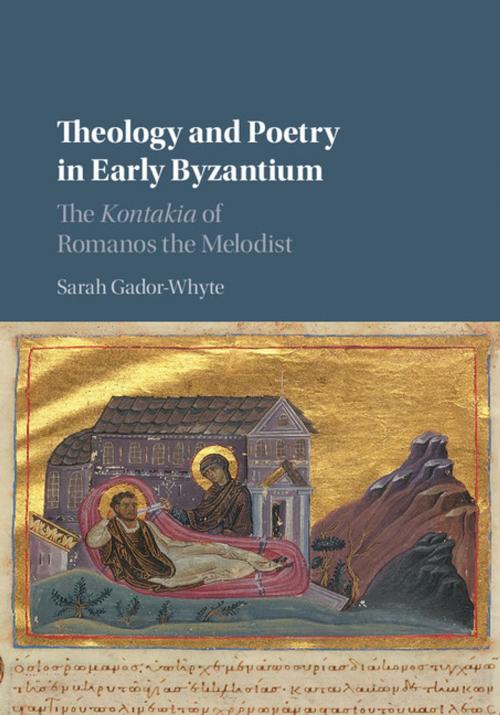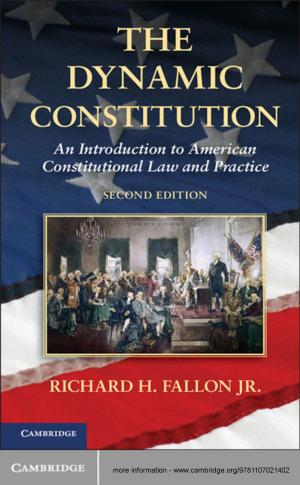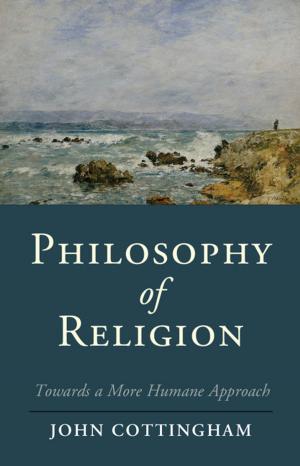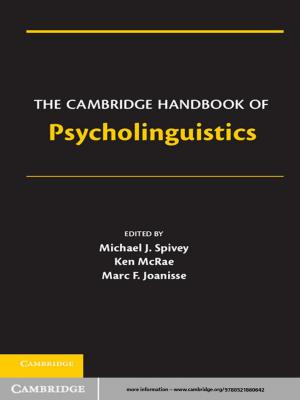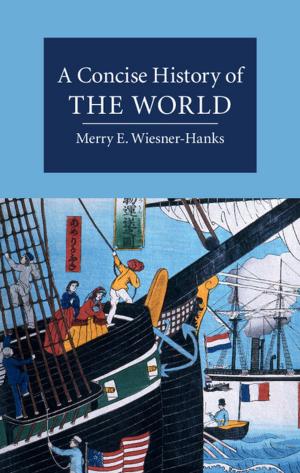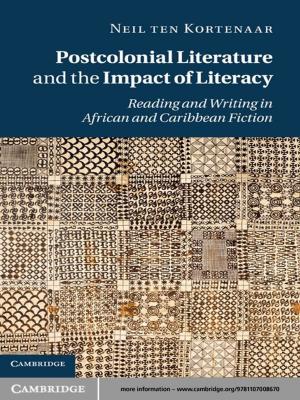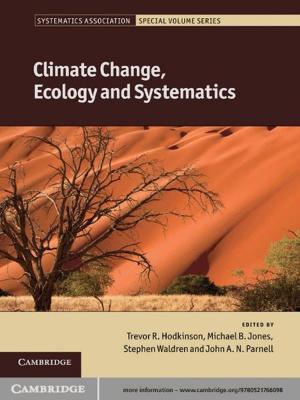Theology and Poetry in Early Byzantium
The Kontakia of Romanos the Melodist
Nonfiction, History, European General, Fiction & Literature, Poetry, Religion & Spirituality| Author: | Sarah Gador-Whyte | ISBN: | 9781108206792 |
| Publisher: | Cambridge University Press | Publication: | April 19, 2017 |
| Imprint: | Cambridge University Press | Language: | English |
| Author: | Sarah Gador-Whyte |
| ISBN: | 9781108206792 |
| Publisher: | Cambridge University Press |
| Publication: | April 19, 2017 |
| Imprint: | Cambridge University Press |
| Language: | English |
Theology and Poetry in Early Byzantium examines the kontakia and thought-world of Romanos the Melodist, the sixth-century hymnographer whose vibrant and engaging compositions had a far-reaching influence in the history of Byzantine liturgy. His compositions bring biblical narratives to life through dialogue, encourage a level of participation unparalleled in homiletics and push the boundaries of liturgical expression of theology. This book provides an original analysis of Romanos' poetry, drawing attention to the coherence of his theology and the performative nature of his rhetoric. The main theological themes which emerge encourage the congregation to enact the life of Christ and anticipate the new creation: restoration of humanity to God, re-creation in the incarnation and life of Christ, and liturgical participation and transformation in that life. By analysing the rhetorical performance of theology in the kontakia, the book provides new insights into religious practice in late antiquity.
Theology and Poetry in Early Byzantium examines the kontakia and thought-world of Romanos the Melodist, the sixth-century hymnographer whose vibrant and engaging compositions had a far-reaching influence in the history of Byzantine liturgy. His compositions bring biblical narratives to life through dialogue, encourage a level of participation unparalleled in homiletics and push the boundaries of liturgical expression of theology. This book provides an original analysis of Romanos' poetry, drawing attention to the coherence of his theology and the performative nature of his rhetoric. The main theological themes which emerge encourage the congregation to enact the life of Christ and anticipate the new creation: restoration of humanity to God, re-creation in the incarnation and life of Christ, and liturgical participation and transformation in that life. By analysing the rhetorical performance of theology in the kontakia, the book provides new insights into religious practice in late antiquity.
